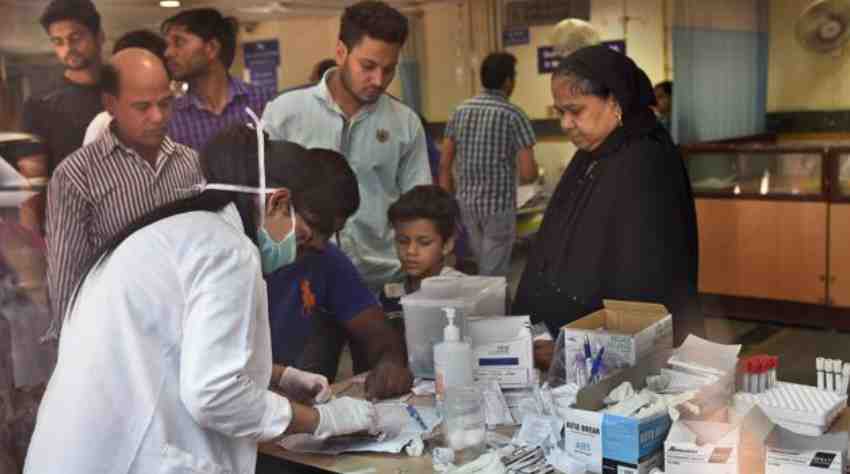India is set to conduct a National level survey, to know dengue prevalence in the country.
Dengue is one of the most fatal mosquito-borne viral infections in the world, infecting lakhs of people and killing hundreds each year in India alone.
The exercise was planned after government’s apex body rejected to introduce the only vaccine against dengue in use globally, for use in India last year as there was no evidence to prove its efficacy in the Indian context.
“The vaccine works better if there is high anti-body rate within the community, and there was not enough India-specific data available for reference that raised safety concerns,” said Dr Soumya Swaminathan, director- Indian Council of Medical Research (ICMR).
“India is a vast country and we do not know much about the dengue pattern; which strain is common in which part of the country etc. There is a need to gather more information and the survey will help us do that.”
32 dengue cases reported in January, up from 21 last year in Mumbai
In 2016, 1,11,000 cases were reported and 227 people lost their lives to the mosquito-borne viral infection across India, government data shows.
This is despite state governments actively taking measures to control the spread of disease way before the onset of monsoon season, when the disease transmission is at its peak.
Experts at ICMR said there was limited data or clinical trials to assess the efficacy of the vaccine, therefore, could not have been given a green signal.
In May, the committee concerned had concluded that the data presented by the company was inadequate to show the efficacy and immunogenicity of the vaccine in Indians. Immunogenicity is the ability of a substance to provoke an immune response in the body.
National Institute of Epidemiology in Chennai, Tamil Nadu, will lead the project. “The protocol for the survey is being developed currently, and we should be able to generate relevant data in about a year from now,” said Dr Swaminathan.
India is set to conduct a National Level Survey for Dengue


